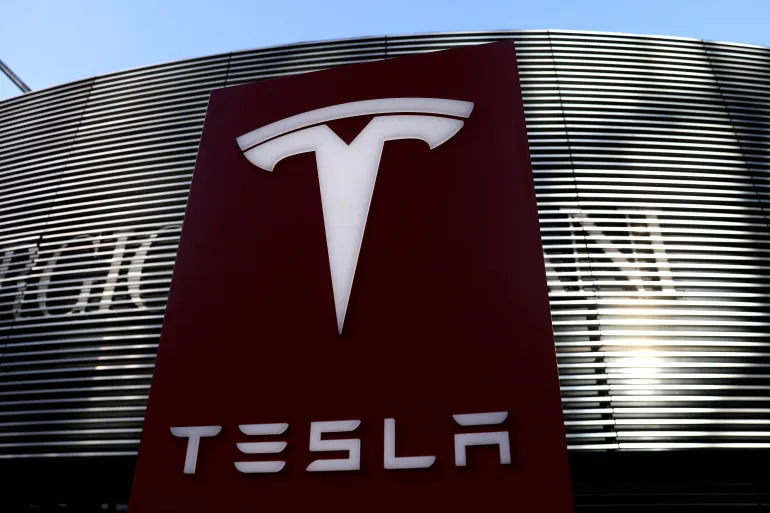MIAMI: A Florida jury on Friday ordered Tesla Inc to pay a total of $243 million in damages over a deadly 2019 crash involving its Autopilot system, in a case seen as a major legal turning point for the electric vehicle maker.
The verdict, delivered by jurors in Miami federal court, includes $129 million in compensatory damages and $200 million in punitive damages to the victims — Naibel Benavides Leon, who died in the crash, and Dillon Angulo, who suffered serious injuries.
While Tesla was found 33% responsible for the compensatory portion, totaling about $42.6 million, the rest of the blame was placed on driver George McGee, who was not a defendant in the case and won’t be contributing to the award.
The lawsuit stemmed from a crash on April 25, 2019, when McGee’s Model S, while running Autopilot, sped through a red light and stop sign at 62 mph while he tried to retrieve a dropped cellphone. The car slammed into a parked Chevrolet Tahoe, killing Leon and severely injuring Angulo. Notably, the vehicle did not issue any Autopilot warnings before the collision.
“This is about accountability,” said Brett Schreiber, attorney for the victims. “Tesla knew Autopilot was designed for highways, yet it didn’t restrict its use on other roads.”
Tesla called the verdict “wrong” and vowed to appeal, arguing that it could discourage innovation in safety technology. The company has long insisted that drivers must stay attentive even when Autopilot is engaged.
Legal observers believe the outcome could encourage similar lawsuits, particularly with Tesla planning to expand Autopilot and roll out robotaxis by next year. The case marks the first wrongful-death trial involving the Autopilot feature.
Tesla stock fell 1.8% on the news, extending a 25% drop for the year.
Industry expert Philip Koopman noted that the ruling suggests a jury found a defect in Autopilot’s design. Still, Tesla insists that no 2019 vehicle, including its own, could have avoided the accident.
The verdict may now become a bellwether case, with broader implications for the future of autonomous driving liability.



